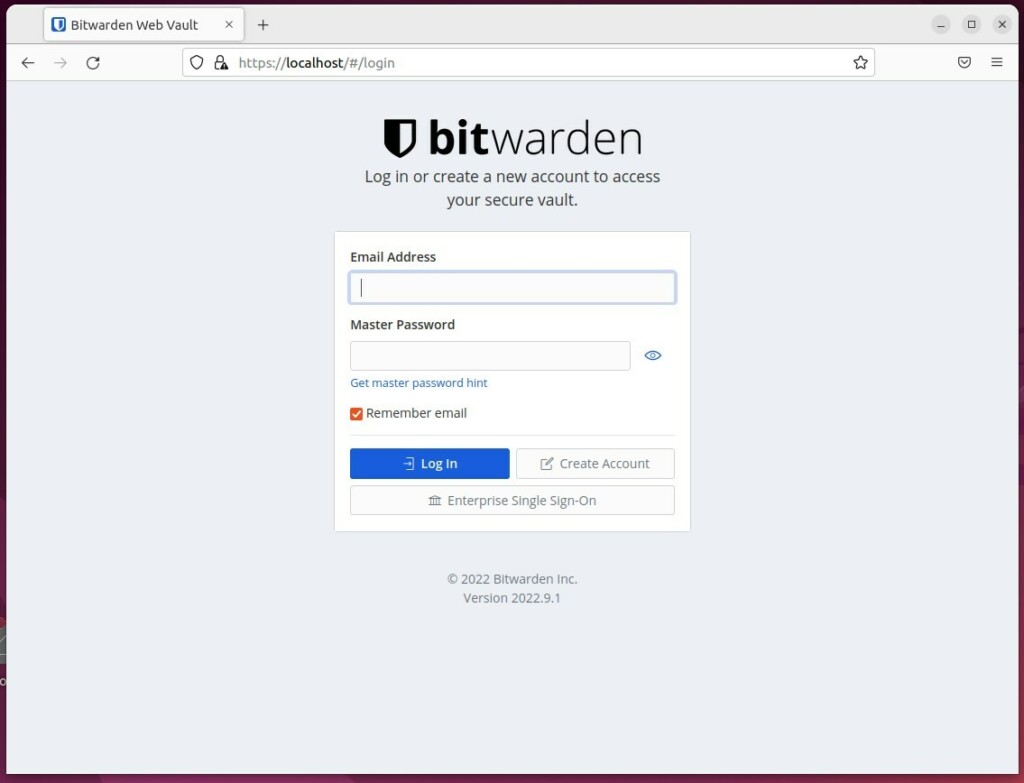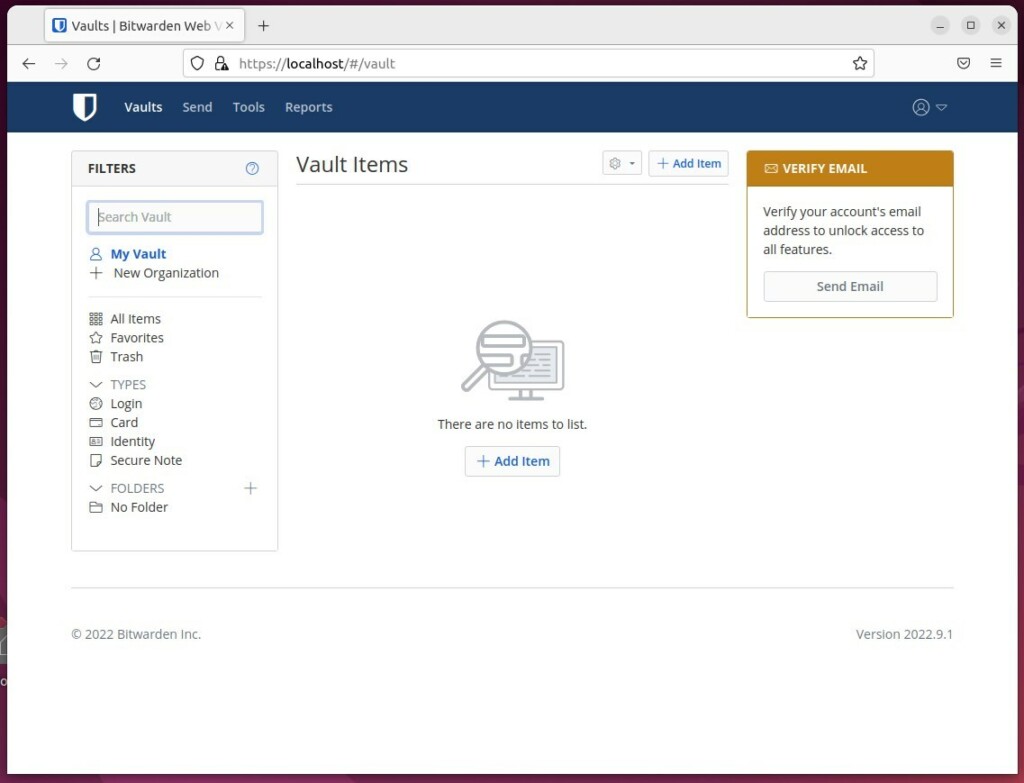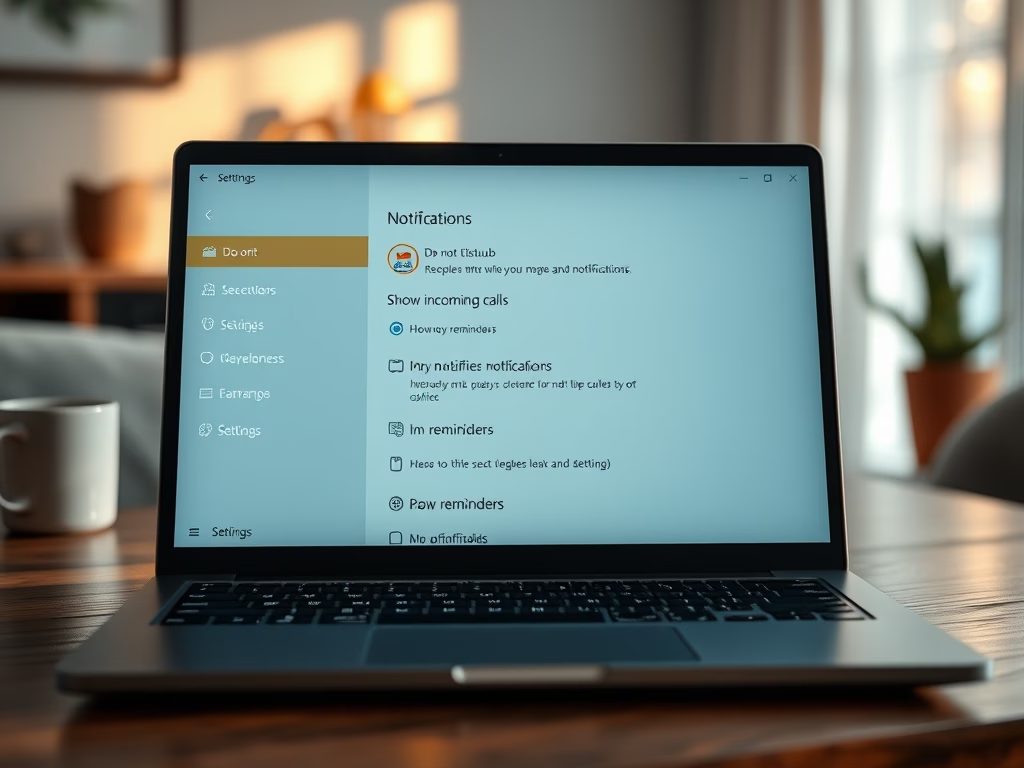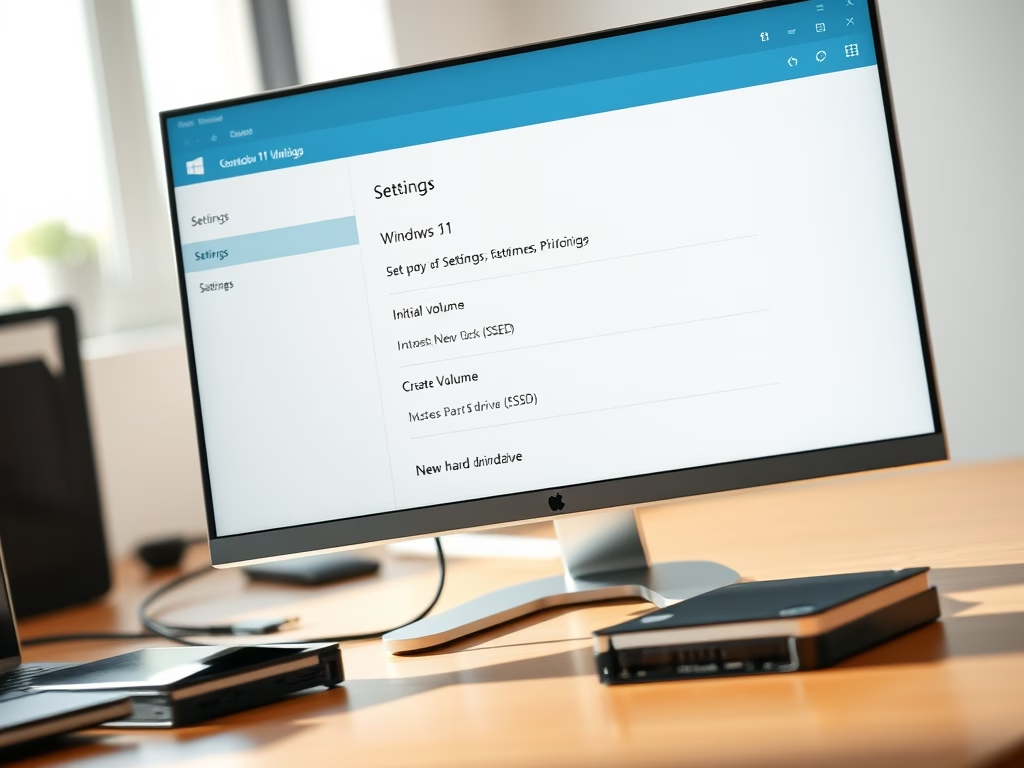This article describes installing the Bitwarden password manager in Ubuntu Linux.
Bitwarden is an open-source password management platform that stores sensitive credentials in an encrypted vault and can be synced across multiple devices.
Bitwarden is cross-platform. It supports Linux, Windows, and macOS. It provides two-factor authentication (2FA), auditing, and password breach monitoring and can be installed locally or in the cloud.
If you want a great, adaptable, scalable power management service, you may want to look at Bitwarden.
Install Bitwarden on Ubuntu Linux
As described above, Bitwarden is an open-source password management platform that stores sensitive credentials in an encrypted vault and can be synced across multiple devices.
Below is how to install it on Ubuntu Linux.
We will be using Docker to install Bitwarden for this installation. If you haven’t installed Docker, use the link below to learn how to install it on Ubuntu Linux.
How to install Docker on Ubuntu Linux
Once installed, continue with installing Bitwarden.
Install Bitwarden on Ubuntu Linux
Now that Docker is installed, run the command below to create a dedicated user to run Bitwarden.
sudo useradd -G docker,sudo -s /bin/bash -m -d /opt/bitwarden bitwarden
Next, create a password for the Bitwarden account by running the commands below.
sudo passwd bitwarden
Type and confirm the new password.
After that, make Bitwarden account the owner of the /opt/bitwarden directory.
sudo chown -R bitwarden: /opt/bitwarden
Once everything is done, you must obtain the Bitwarden installation key from the link below.
Next, run the commands below to switch to a Bitwarden account and download the latest Bitwarden version.
su - bitwarden curl -Lso bitwarden.sh https://go.btwrdn.co/bw-sh
Please make the download script executable and install it.
chmod +x bitwarden.sh sudo ./bitwarden.sh install
During the installation, you’ll be asked to provide your domain or IP, SSL information, and database name. If you do have them, enter and continue.
If not, type n for No or accept the default values.
bitwarden.sh version 2022.9.1 Docker version 20.10.18, build b40c2f6 docker-compose version 1.24.0, build 0aa59064 (!) Enter the domain name for your Bitwarden instance (ex. bitwarden.example.com): localhost (!) Enter the database name for your Bitwarden instance (ex. vault): bitwarden 2022.9.1: Pulling from bitwarden/setup 7a6db449b51b: Pull complete 4c680557b7b0: Pull complete Digest: sha256:b461e2bfb124f91243ab2981c278e317bf71c8f49467f1c171cfeba395b1d702 Status: Downloaded newer image for bitwarden/setup:2022.9.1 docker.io/bitwarden/setup:2022.9.1 (!) Enter your installation id (get at https://bitwarden.com/host): 790c3275-f3dd-4aad-a8ee-af24011e4824 (!) Enter your installation key: lAF0FCrjj2t59JxPBNSu (!) Do you have a SSL certificate to use? (y/n): n (!) Do you want to generate a self-signed SSL certificate? (y/n): y Generating self signed SSL certificate. Generating a RSA private key writing new private key to '/bitwarden/ssl/self/localhost/private.key' ----- Generating key for IdentityServer. Generating a RSA private key ...................++++ .....................................................................++++ writing new private key to 'identity.key' ----- !!!!!!!!!! WARNING !!!!!!!!!! You are using an untrusted SSL certificate. This certificate will not be trusted by Bitwarden client applications. You must add this certificate to the trusted store on each device or else you will receive errors when trying to connect to your installation. Building nginx config. Building docker environment files. Building docker environment override files. Building FIDO U2F app id. Building docker-compose.yml. Installation complete If you need to make additional configuration changes, you can modify the settings in `./bwdata/config.yml` and then run: `./bitwarden.sh rebuild` or `./bitwarden.sh update` Next steps, run: `./bitwarden.sh start`
After the installation, run the commands below to start Bitwarden services.
sudo ./bitwarden.sh start
You should now be able to access the Bitwarden portal using your server hostname or IP address.
https://localhost

Create a new admin account. Log in with the account, and you are done.

That should do it!
Conclusion:
- Bitwarden is an open-source password management platform that securely stores sensitive credentials and supports cross-platform use.
- The installation process involves creating a dedicated user, obtaining the Bitwarden installation key, and running the script.
- Additional configuration changes can be made by modifying settings in the
./bwdata/config.ymlfile. - Upon completion, Bitwarden services can be started, and the Bitwarden portal can be accessed using the server’s hostname or IP address.
- By following these steps, users can set up and utilize the Bitwarden password manager on Ubuntu Linux securely and efficiently.




Leave a Reply Cancel reply